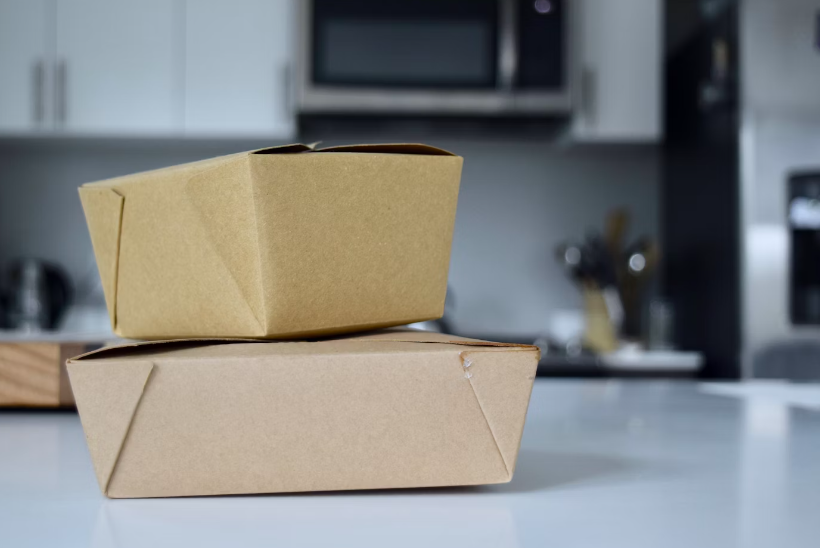The shift towards more sustainable practices is more than a trend—it’s necessary. Among these practices, adopting biodegradable forms of packaging stands out as a significant move for Australian businesses.
This transition not only reflects a commitment to environmental stewardship but also aligns with the growing consumer demand for eco-friendly products and services.
Let’s delve into how packaging with biodegradable processes makes waves across industries. We will see why it’s becoming indispensable to the Australian business ecosystem.
A Deep Dive into Biodegradable Packaging
Biodegradable packaging refers to materials that decompose naturally, returning to the earth without harming the environment. This type of packaging is made from various biodegradable materials, including plant-based polymers, recycled paper, and organic fabrics, offering a viable alternative to traditional plastic designs. The benefits of switching to biodegradable options are manifold, encompassing reduced environmental impact, enhanced brand image, and potential cost savings in waste management.
Why Australian Businesses Are Embracing Eco-Friendly Solutions
The adoption of biodegradable solutions for packaging by Australian businesses is driven by several factors. Firstly, the increasing awareness of plastic pollution and its detrimental effects on marine life and ecosystems has spurred companies to seek out more sustainable packaging solutions.
Secondly, consumer preferences are rapidly evolving, with a significant portion of the market favouring products that are packaged in an environmentally friendly manner. This shift in consumer behaviour is influencing businesses across the spectrum, from food and beverage to retail and e-commerce, to reassess their packaging strategies.
Moreover, government regulations and initiatives promoting sustainability practices further motivate businesses to transition towards biodegradable packaging. These regulatory frameworks aim to reduce waste and encourage the use of renewable resources, aligning with national goals for sustainability and waste reduction.
The Benefits of Biodegradable Packaging for Businesses
The benefits of adopting this profile of packaging extend beyond environmental advantages. For businesses, this shift can enhance brand reputation and customer loyalty, as consumers are increasingly drawn to brands that demonstrate a commitment to sustainability. Furthermore, using biodegradable materials can lead to innovations in package design, allowing companies to stand out in a crowded market.
However, the transition to biodegradability also presents challenges, such as higher initial costs and the need for consumer education on proper disposal practices. Despite these hurdles, the long-term benefits and the positive impact on the planet make this shift a worthwhile investment for Australian businesses.
Looking Ahead: The Future of Packaging
As technology advances and more materials become available, the possibilities for biodegradable packaging are expanding. Future developments are expected to bring down costs, improve the functionality of biodegradable materials, and introduce new, innovative packaging solutions that minimise environmental impact.
Commercial outlets can explore edible packaging concepts as a potential solution, pushing the envelope even further. This is a tasty alternative for brands that want to think a little outside of the box.
Summary
The adoption of biodegradable packaging services is a crucial step for Australian businesses aiming to align with sustainable practices and meet the expectations of an eco-conscious consumer base.
By embracing biodegradability, companies not only contribute to environmental preservation but also tap into a growing market of consumers who value sustainability.
As the movement towards greener practices gains momentum, biodegradable packaging is set to play a pivotal role in shaping the future of domestic industries, marking a significant step towards a more sustainable and responsible business landscape.
